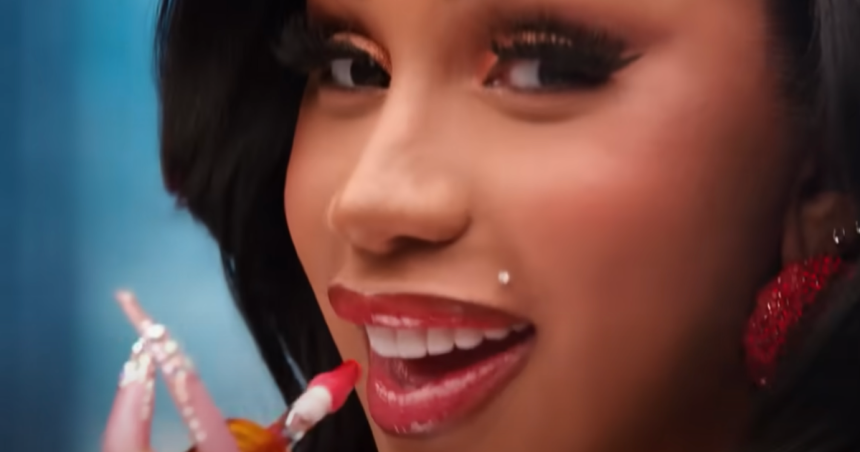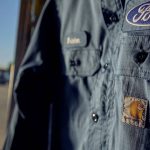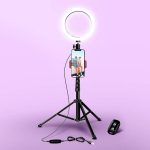Taylor Swift wasn’t an almost-guaranteed guest at this year’s Super Bowl until the Chiefs beat the Ravens last month. But that didn’t stop people from attributing her presence to the influx of beauty advertisers during the game.
Brands like e.l.f. Cosmetics, CeraVe, and Dove all aired national ads this year, while Hero Cosmetics, Cetaphil, and NYX Cosmetics went the regional route. In their spots, they took varying approaches: Cetaphil made Swifties the focal point of its creative, and e.l.f., Hero, and NYX showcased primarily women celebs like Gina Torres and Cardi B. CeraVe, meanwhile, worked with Michael Cera, which Global Brand Manager Melanie Vida told us was designed to reach a wider audience and make skin care seem genderless.
Regardless of the approach (or their target demos), beauty brands spent millions to be involved in the most-watched Super Bowl of all time. How much did it pay off? For brands hoping to boost awareness, at least, the results in the days after the game seem promising.
Higher share of personal care
Compared to the Sunday prior to the Super Bowl, search intelligence platform Captify found that NYX and e.l.f. saw search volumes increase by 63% and 52%, respectively. It also found that competitors that didn’t advertise in the game saw softer search interest during the game across all advertiser categories, according to a press release.
Beyond that, social media analytics company Sprout Social found that CeraVe and Dove were among the top 10 most-mentioned advertisers on game day, both exceeding 50,000 likes, shares, and comments on X, YouTube, Tumblr, and Reddit combined. According to measurement company EDO’s Super Bowl ad engagement index, which tracks real-time consumer engagement data, CeraVe ranked 32 of the 96 brands measured.
Get marketing news you’ll actually want to read
Marketing Brew informs marketing pros of the latest on brand strategy, social media, and ad tech via our weekday newsletter, virtual events, marketing conferences, and digital guides.
Kantar’s 2024 Super Bowl Creative Effectiveness Report, meanwhile, found that Dove’s ad was 73% more effective than other ads at encouraging audience involvement by sparking a “provocative conversation with millions of people at the same time”—in this case, around girls’ body confidence.
“None of these [beauty] brands performed poorly,” Kerry Benson, creative solutions lead at Kantar, told us. She noted that brands like Dove, CeraVe, and e.l.f. (which has also been focusing more of its messaging on men) can appeal to more than one gender, which only seems to have helped them on a stage like the Super Bowl.
“It’s an efficient buy,” she said. “Most brands that run ads in the Super Bowl get a much higher ROI for their investment than a typical ad or a digital campaign, so I believe it’s a pretty strong creative and media strategy for these brands.”
As for whether we’ll see more beauty brands get into the mix next year? Peter Daboll, chief strategy and insights officer at iSpot.tv, told us via email that he’s optimistic.
“For years, the NFL has had a larger share of women watching than advertising may have suggested, but recent years have seen shifts that open the door for beauty and personal care brands to increase their presence during games,” he said, adding that he expects “beauty advertisers to be less shy about buying Super Bowl spots in years to come.”
Read the full article here








